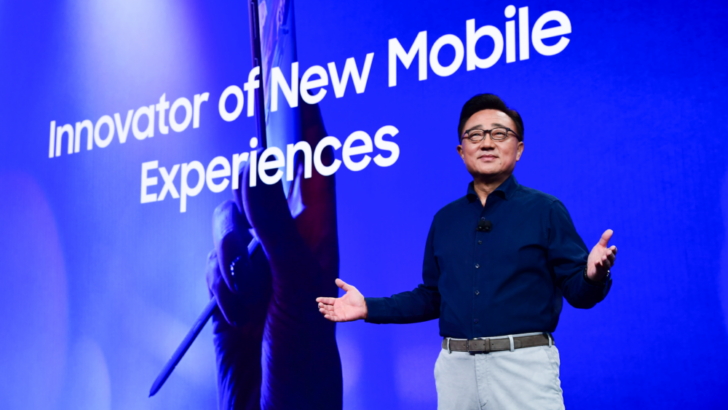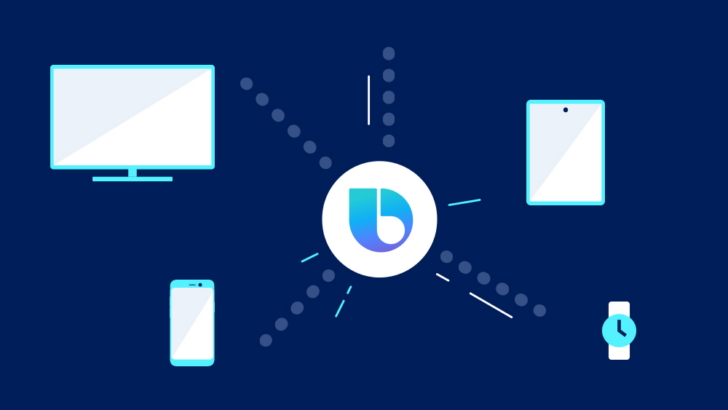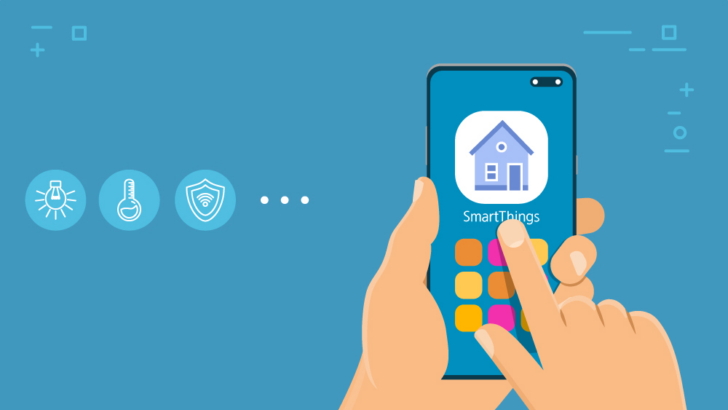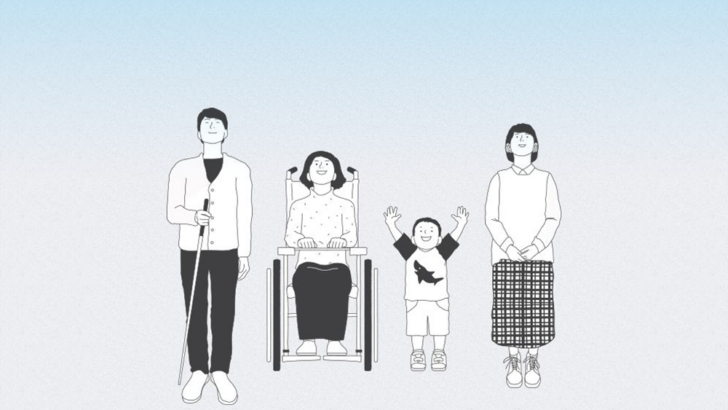Accessibility for All: One UI 2 Brings Enhanced Accessibility Features to the Galaxy Range
on October 30, 2019
When we talk about accessibility, what we’re discussing are features and services that enable anyone – including those with disabilities or impairments, as well as children and the elderly – to enjoy a simpler, more convenient user experience.
As part of its ongoing commitment to ensuring that its technologies are accessible to all users, on October 29 at SDC19, Samsung Electronics unveiled One UI 2. The latest version of Samsung’s signature UI includes an array of advanced audiovisual functions that make it easy for any user to get the most out of their Galaxy device.
Improving Visibility for Everyone

When it comes to core accessibility functions like high-contrast features, user demand is resoundingly clear.
Samsung’s high-contrast theme, which helps people with low vision see their smartphone more clearly, has so far recorded more than 15 million downloads. To make users’ displays more accommodating to their eyes, Samsung has introduced, among other features, options to 1) adjust the screen’s color settings, which enhances visibility for users who have difficulty seeing certain hues, and 2) utilize a high-contrast keyboard featuring colors that make keys really stand out.
Another way that One UI 2 offers users with low vision a helping hand is by visualizing Bixby’s dictation function. This convenient feature allows users to, for instance, easily send messages to friends by simply telling Bixby what they’d like to type. Users can also use their voice to make notes and save ideas in the Samsung Notes app.
Having visual impairment can also make it difficult to sense when lights have been turned on around you. Galaxy devices’ unique Light Sensing feature addresses this difficulty by detecting the status of nearby lights and informing the user through vibration. Users may then decide whether they’d like to turn the lights on or leave them off.
Enhancements to Help All Users Communicate Better

Samsung believes that a smartphone cannot truly be called a smartphone if it doesn’t allow users to make the most of its call function. In One UI 2, users will now be able to enjoy an improved experience when engaging in phone conversations, even in places with lots of background noise.
One UI 2 also comes with the Live Transcribe feature. This feature will automatically put spoken words into a text form on the screen that live updates so users can follow along with a conversation straight from the palm of their hand.
Furthermore, users of Galaxy Note devices can harness the convenience of Screen Off memo and other S Pen features to quickly and easily write down what they wish to communicate in situations where the need arises.
Where Accessibility Meets AI
Since the launch of its artificial intelligence (AI) platform Bixby, Samsung has been working to provide wider accessibility to its products and services for all users. As these AI technologies develop, so too will the range of accessibility capabilities offered across all Samsung devices and services.
When it was first introduced, Bixby was envisaged as an assistant for general smartphone users to enhance their experiences. As the service developed, it became of use particularly to the elderly, and to children who did not have a strong understanding of how Samsung’s products and services operated.
Samsung is committed to bringing more AI features to its technologies and devices in the future. Thanks to users’ continuous usage of these accessibility features, Samsung has developed a better understanding of how they should be enhanced. This means that more advanced customization options will soon become available.
“When developing One UI 2, we considered accessibility to be the most important element in the development process,” noted Eui-Suk Chung, Executive Vice President and Head of Software and Artificial Intelligence at Samsung’s Mobile Communications Business. “This is our philosophy regarding accessibility here at Samsung.”
Chung is determined of the value accessible products and services will have in the future. “If we take care to implement accessibility into our products thoroughly, many more people will be able to use our products and services comfortably,” Chung explained. “Better accessibility will improve the user experience not only for those with impairments, but also for the youngest and eldest members of our society. It can also benefit users in general when they are driving, cooking, or simply want more comfort.”
“I hope that the enhancements we have made to our accessibility features in One UI 2 are valuable to those whom they can help,” Chung continued. “It may not seem like a lot to people would require assistance in this way, but we know these functions can be essential for those who need them. Accessibility should no longer be considered as something extra – it should be at the core of all development, technological and otherwise.”
For more information about the Samsung Mobile Accessibility, please visit here.








